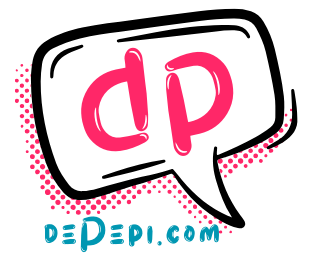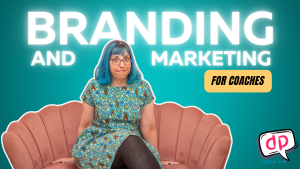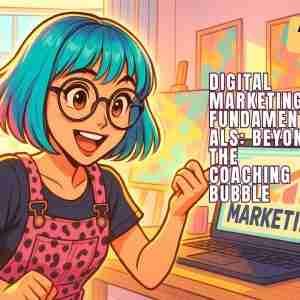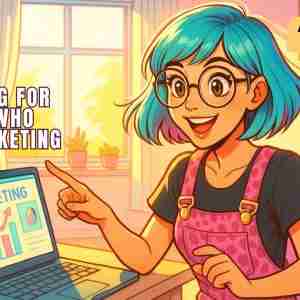Empathetic Marketing: Stop Selling Services, Start Sharing Stories
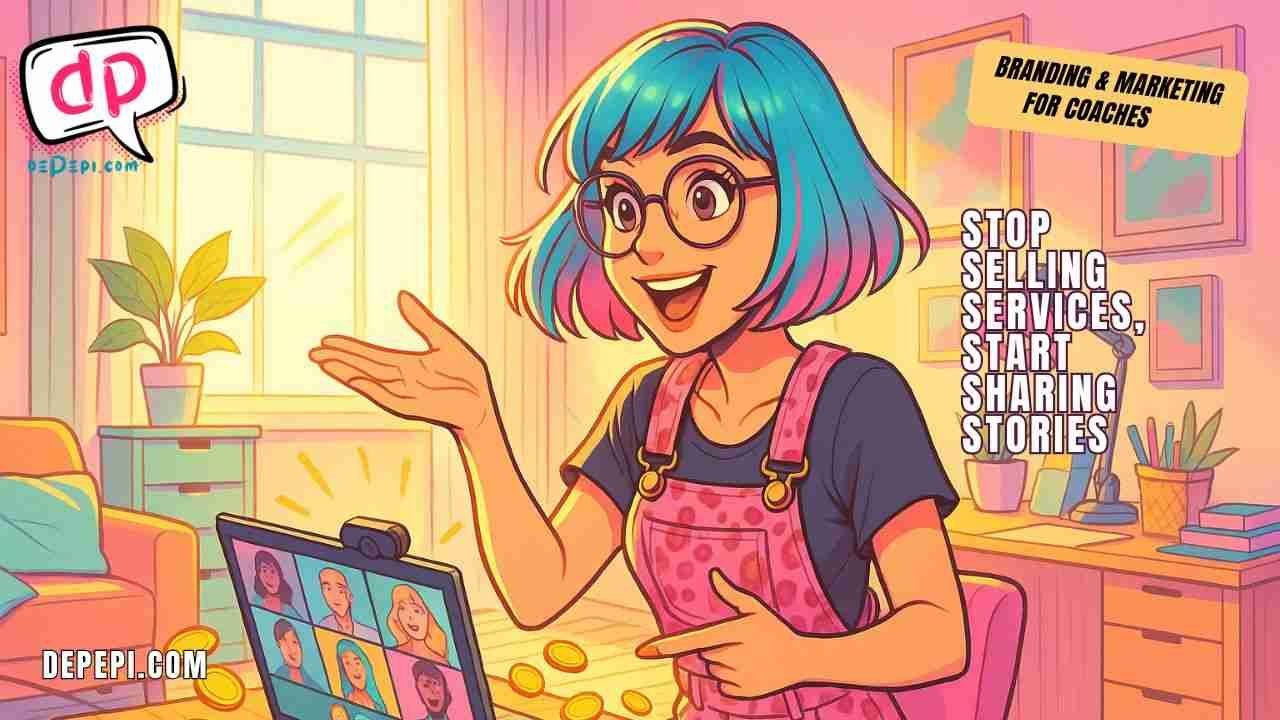
The moment a coach stops selling services and starts sharing stories, everything changes. We enter the realm of “empathetic marketing.”
Imagine two coaches are at a networking event. The first one approaches potential clients with a polished elevator pitch about their certifications, methodologies, and success rates. The second one shares a vulnerable story about their own transformation journey and how it led them to help others navigate similar challenges. (Goes all “wounded-healer” here).
Guess which one has a line of people wanting to continue the conversation?
If you guessed the storyteller, you’re absolutely right. And if you’re a coach struggling to connect authentically with your ideal clients, this might be the missing piece in your marketing puzzle.
The Science Behind Story-Driven Connection in Empathetic Marketing
Here’s what most coaches don’t realize: when you share a story, you’re not just communicating information. You’re creating a neurological experience. Research shows that when we hear stories, our brains release oxytocin, the same hormone associated with trust and bonding. This means that storytelling creates a literal connection at a biological level.
However, here’s where it gets fascinating for coaches. Your potential clients aren’t just looking for someone with the right qualifications (though those matter too). They’re looking for someone who gets it: someone who understands their struggle because they’ve walked a similar path.
This is why story-driven marketing feels less like marketing and more like conversation, because it is.
Three Types of Stories That Transform Marketing
The Origin Story: Why You Became a Coach
Every coach has a moment—that pivotal experience that shifted everything and led them to this work. Maybe it was hitting rock bottom and finding your way back up. Perhaps it was a profound realization during your own coaching journey. Or it could have been witnessing someone else’s transformation and knowing you wanted to facilitate that for others.
Your origin story isn’t just background information; it’s your credibility in narrative form. When you share why you became a coach, you’re demonstrating to potential clients that your expertise stems from lived experience, not just textbook knowledge.
The key is vulnerability without oversharing. Think of the “wounded-healer” as a key element of empathetic marketing. You want to be authentic without making it all about you. The story should always circle back to how this experience shapes how you serve your clients today.
Client Transformation Stories: Proof in Human Form
Nothing builds trust like results, and nothing communicates them more effectively than a well-told client success story. However, here’s where many coaches go wrong: they focus on the outcome rather than the journey.
Your clients don’t just want to know that Sarah lost 30 pounds or that Mark doubled his income. They want to understand the emotional journey: the fears, the breakthroughs, the moments of doubt, and the ultimate transformation.
When you share client stories (with permission, of course), you’re giving potential clients a roadmap. They can see themselves in Sarah’s initial struggles or Mark’s limiting beliefs. More importantly, they can envision themselves experiencing similar breakthroughs.
Behind-the-Scenes Stories: The Human Behind the Coach
Some of the most powerful stories are the smallest ones. The moment you realized a new approach with a client. The day you had to practice what you preach in your own life. The mistake that taught you something crucial about your coaching methodology.
These stories humanize you. They show that you’re not just dispensing wisdom from an ivory tower: you’re a real person navigating life’s challenges, just like your clients.
Making Abstract Benefits Concrete Through Narrative
One of the biggest challenges coaches face in marketing is explaining intangible benefits. How do you communicate the value of “increased confidence,” “better work-life balance,” or “clarity on life purpose”?
Stories solve this problem beautifully.
Instead of saying “I help clients gain confidence,” you tell the story of the client who went from avoiding networking events to volunteering to give the keynote presentation at their industry conference. Instead of promising “better work-life balance,” you share the story of the parent who went from missing every school event to being present for their child’s championship game and how that shift happened.
Stories give abstract concepts weight and meaning. They help potential clients understand not just what you offer, but what their life could look like after working with you.
The Controversial Truth About Authentic Storytelling
Here’s where things get tricky, and it’s something every coach needs to hear: overly manufactured stories risk eroding trust if clients sense they aren’t authentic.
In our Instagram-perfect world, there’s tremendous pressure to craft the perfect narrative. The rags-to-riches story. The dramatic before-and-after. The moment of profound revelation that changed everything.
But real life is messier than that. Real transformation is often gradual, marked by setbacks and minor victories rather than lightning-bolt moments. And your potential clients can sense when a story feels too polished, too perfect, too convenient.
This doesn’t mean your stories need to be depressing or overly complicated. It means they need to feel true. The most powerful stories often include:
- Moments of doubt or uncertainty
- Gradual progress rather than instant transformation
- Ongoing challenges alongside the victories
- Specific, concrete details that ring true to lived experience
The Story-Driven Marketing Framework for Coaches
So, how do you actually implement storytelling in your marketing without it feeling forced or inauthentic? Try this:
Audit Your Story Bank
Start by identifying 5-7 core stories that represent different aspects of your coaching journey and client work. These might include:
- Your origin story
- 2-3 client transformation stories (different challenges/outcomes)
- A behind-the-scenes story about your coaching process
- A story about a time you had to use your own advice
- A story about a lesson learned or an approach refined
Find the Universal Thread
For each story, identify the universal human experience it represents. Fear of judgment. Feeling stuck. Imposter syndrome. The desire for meaningful work. This is what makes your specific story relatable to a broader audience.
Structure for Impact
Every powerful story has:
- Context: The situation or challenge
- Conflict: What made this difficult or significant
- Resolution: How things shifted or what was learned
- Connection: How this relates to your client’s potential experience
Distribute Strategically
Different platforms call for different story lengths and styles:
- LinkedIn: Professional stories with clear business relevance
- Instagram: More personal, visual storytelling
- Email newsletters: Longer-form stories with deeper vulnerability
- Speaking engagements: Stories that illustrate key points
- Sales conversations: Stories that address specific objections or concerns
The Ripple Effect
When you master story-driven marketing, something beautiful happens. Your content stops feeling like marketing and starts feeling like a connection. Potential clients begin reaching out not because your credentials convinced them, but because they felt understood by your stories.
Your discovery calls become easier because prospects already feel like they know you. Your conversion rates improve because people are buying into a relationship, not just a service. And perhaps most importantly, you attract clients who are genuinely aligned with your approach and values.
Stories + Strategy
Here’s what I see happening with many coaches: they understand the power of storytelling, but they struggle to integrate it strategically into their overall marketing approach. They share random stories without connecting them to their broader brand message or business goals.
This is where the magic happens: when storytelling becomes part of a comprehensive branding and marketing strategy. When your stories reinforce your unique positioning, demonstrate your methodology, and guide potential clients toward working with you.
It’s not enough to just tell good stories. You need to tell the right stories in the right way at the right time as part of a cohesive marketing system.
This is one of the key concepts covered in the Branding and Marketing for Coaches course. Storytelling is powerful, but it’s even more powerful when it’s part of a strategic, authentic marketing approach that positions you as the go-to expert for your ideal clients.
£333
Branding and Marketing for Coaches (Life, Health, Wellness)
Your Next Chapter Starts Now
The coaches who thrive in today’s market aren’t necessarily the ones with the most certifications or the fanciest websites. They’re the ones who can connect authentically with their ideal clients through the power of story.
Your stories (your origin, your clients’ transformations, your behind-the-scenes moments) aren’t just nice additions to your marketing. They’re your competitive advantage.
The question isn’t whether you have stories worth telling. You do. The question is whether you’re brave enough to tell them, strategic enough to tell them well, and consistent enough to make them a cornerstone of how you show up in the world.
Your ideal clients are out there right now, seeking someone who understands their unique journey. Your stories are the bridge that connects their struggle to your solution.
What story will you tell first?
